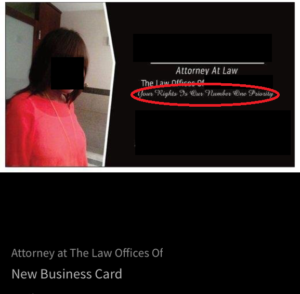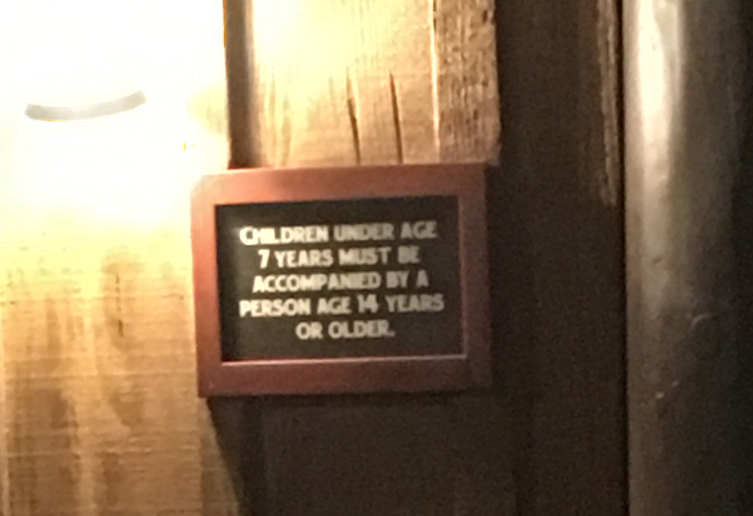 A couple of years ago, I posted an article about Thanksgiving and other holidays and grammar issues. Since it is time again, here is an encore of that article.
A couple of years ago, I posted an article about Thanksgiving and other holidays and grammar issues. Since it is time again, here is an encore of that article.
Thinking about Thanksgiving here in the United States got me thinking about names of holidays and grammar rules. For instance, if you use Eve or Day with the name of a holiday, i.e., Thanksgiving Day, you capitalize day. However, if you were to say “the day before Thanksgiving,” day would not be capitalized. Religious holidays are also capitalized
- Good Friday
- Hanukkah
Even some “invented” holidays are capitalized
- Black Friday
- Pi Day
Is happy capitalized when used with a holiday? If you exclaim “Happy Thanksgiving!” then it is, but if you use it in a regular sentence “I wish you all a happy Thanksgiving,” then it is not.
Generally, the seasons of the year are not capitalized unless it is part of a proper name.
- This winter seems to be colder than normal.
- The Phoenix College Spring Semester 2014 will begin in January.
- HOWEVER: The fall semester is nearly over.
When using seasons to describe time of year, remember that seasons are reversed in the Northern and Southern Hemispheres. When it is summer in the U.S., it is winter in most of South America and Australia. In that case, it is clearer to say “the first three months of the year,” or “the last quarter of 2014.”
As for possessives with the word “season,” the phrase Season’s greetings! is possessive because you are referring to holidays that happen only during one season—winter. Possessives with names of holidays are usually singular; however, where the holiday is plural, the apostrophe is after the plural word:
- Presidents’ Day (celebrating more than one president)
- April Fools’ Day (more than one fool)
- Mother’s Day (each family celebrating its mother and it is the official name of the holiday)
- Father’s Day (same)
- HOWEVER: Veterans Day (official name of the holiday)
The official holiday name wins out over plurals and possessives, so you may just have to look it up to be positive you are correct.
I wish you all a happy Thanksgiving and know that when I count my blessings, the people who read my blog faithfully, those who stumble across it, and those who cheer me on are near the top of my list. Thank you!


 Follow
Follow

 I have been negligent in answering questions that I couldn’t get to during a NALS Webinar, so I will answer those questions here. I think a general review of these different topics could help others. My apologies for the delay.
I have been negligent in answering questions that I couldn’t get to during a NALS Webinar, so I will answer those questions here. I think a general review of these different topics could help others. My apologies for the delay. I saw this sign more than once at Disneyland (consistency is good!). I thought something was wrong with it, so snapped this picture vowing to do some research and figure out if I was correct. The problem is whether it should be “age” or “aged.”
I saw this sign more than once at Disneyland (consistency is good!). I thought something was wrong with it, so snapped this picture vowing to do some research and figure out if I was correct. The problem is whether it should be “age” or “aged.”
 A friend and I were recently discussing what our possibilities for recreation are for a trip to Sedona, Arizona, this summer. When I said “vortexes,” her response was “shouldn’t it be vortices?” I had never heard that word, but told her I would investigate and use it as a blog topic. So here we are.
A friend and I were recently discussing what our possibilities for recreation are for a trip to Sedona, Arizona, this summer. When I said “vortexes,” her response was “shouldn’t it be vortices?” I had never heard that word, but told her I would investigate and use it as a blog topic. So here we are.

 The Associated Press Stylebook (AP Stylebook) is used by journalists as their style guide for writing just as The Gregg Reference Manual (a NALS resource for its certification exams), the Chicago Manual of Style, and Strunk & White are used as style guides in law offices and other businesses. The AP Stylebook is regularly updated to reflect new acceptable writing styles. On June 1, 2016, the latest AP Stylebook will be released and includes these updates:
The Associated Press Stylebook (AP Stylebook) is used by journalists as their style guide for writing just as The Gregg Reference Manual (a NALS resource for its certification exams), the Chicago Manual of Style, and Strunk & White are used as style guides in law offices and other businesses. The AP Stylebook is regularly updated to reflect new acceptable writing styles. On June 1, 2016, the latest AP Stylebook will be released and includes these updates: